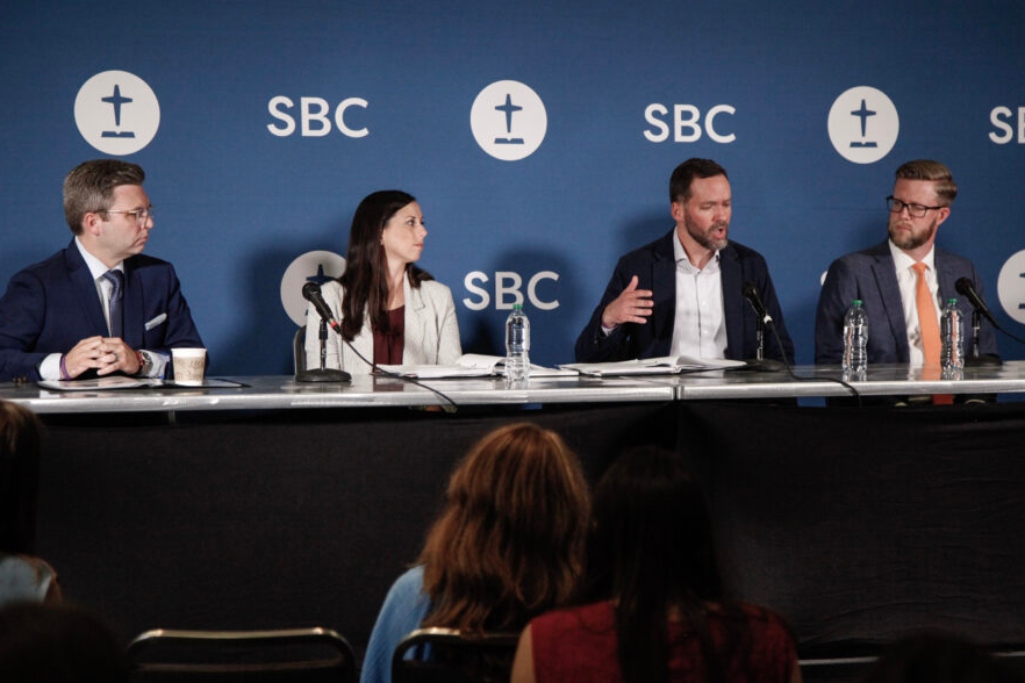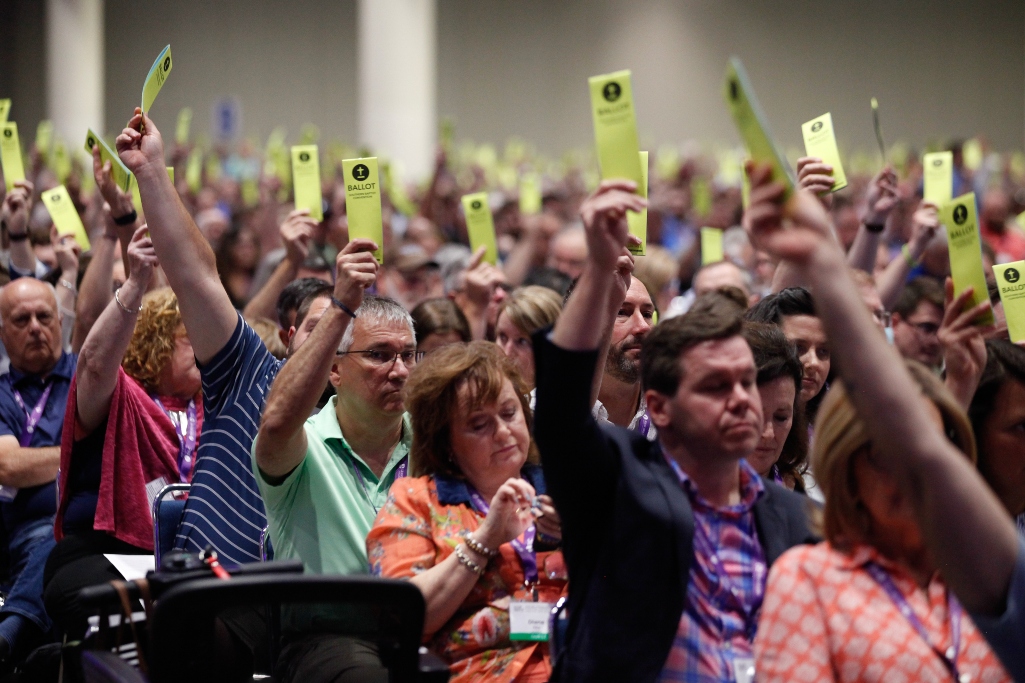
Students study in a library at Moody Bible Institute.
CHICAGO (BP) – A former Moody Bible Institute (MBI) instructor claims under Title 7 of the Civil Rights Act that the school uses a doctrine that only men can be pastors as a pretense to discriminate against women.
Making the claim is Janay Garrett, fired as a communications instructor in April 2017 after she refused in university interviews to affirm Moody’s doctrinal belief statement, an annual requirement for all faculty. Garrett had signed the statement annually since her December 2014 employment.
Garrett’s original lawsuit against Moody in January 2018 was dismissed, but the court allowed her to refile if her claims didn’t hinge on Moody’s religious freedoms guaranteed under the First Amendment of the U.S. Constitution. Garrett refiled in November 2019 and survived Moody’s subsequent attempt to dismiss the new lawsuit.
Enter The Becket Fund for Religious Liberty. Becket appealed July 31 to the U.S. Court of Appeals for the Seventh Circuit to overturn the lower court’s decision, standing on the First Amendment.
“At the heart of this case is a religious dispute over the composition of the clergy. That kind of dispute is no business of civil courts. It is not the proper subject of depositions, discovery, or jury deliberations,” Becket said in its appeal. “The Free Exercise Clause and the Establishment Clause categorically bar judicial inquiry and interference in such religious questions.”
Garrett, an ordained minister, advocated for egalitarian ministerial roles during her employment at MBI, a point both she and MBI have asserted in case documents.
Moody requires faculty to affirm the school’s core religious beliefs to ensure its ministry remains steadfast, Becket said Aug. 1 in announcing its support of MBI, quoting MBI President Mark Jobe.
“For over 130 years, our school has trained and formed faithful Christian women and men who will commit their lives to spreading the Gospel and bringing hope, joy, and love to all those in need,” Jobe said. “This mission is rooted in Christ’s command to announce the Good News to all people, and it has served as the bedrock of Moody since our founding.”
Oral arguments are anticipated in the case this winter or in the spring of 2024, Becket said.
“If the separation of church and state means anything, it means that the federal government can’t punish a religious college for its beliefs over who should serve as a pastor, priest, imam, or rabbi,” said Daniel Blomberg, Becket vice president and senior counsel. “Religious groups should be free to make up their own minds on clergy qualifications without judges or juries putting a finger on the scales.”
A case summary provided by Becket is available here.
(EDITOR’S NOTE – Diana Chandler is Baptist Press’ senior writer.)


